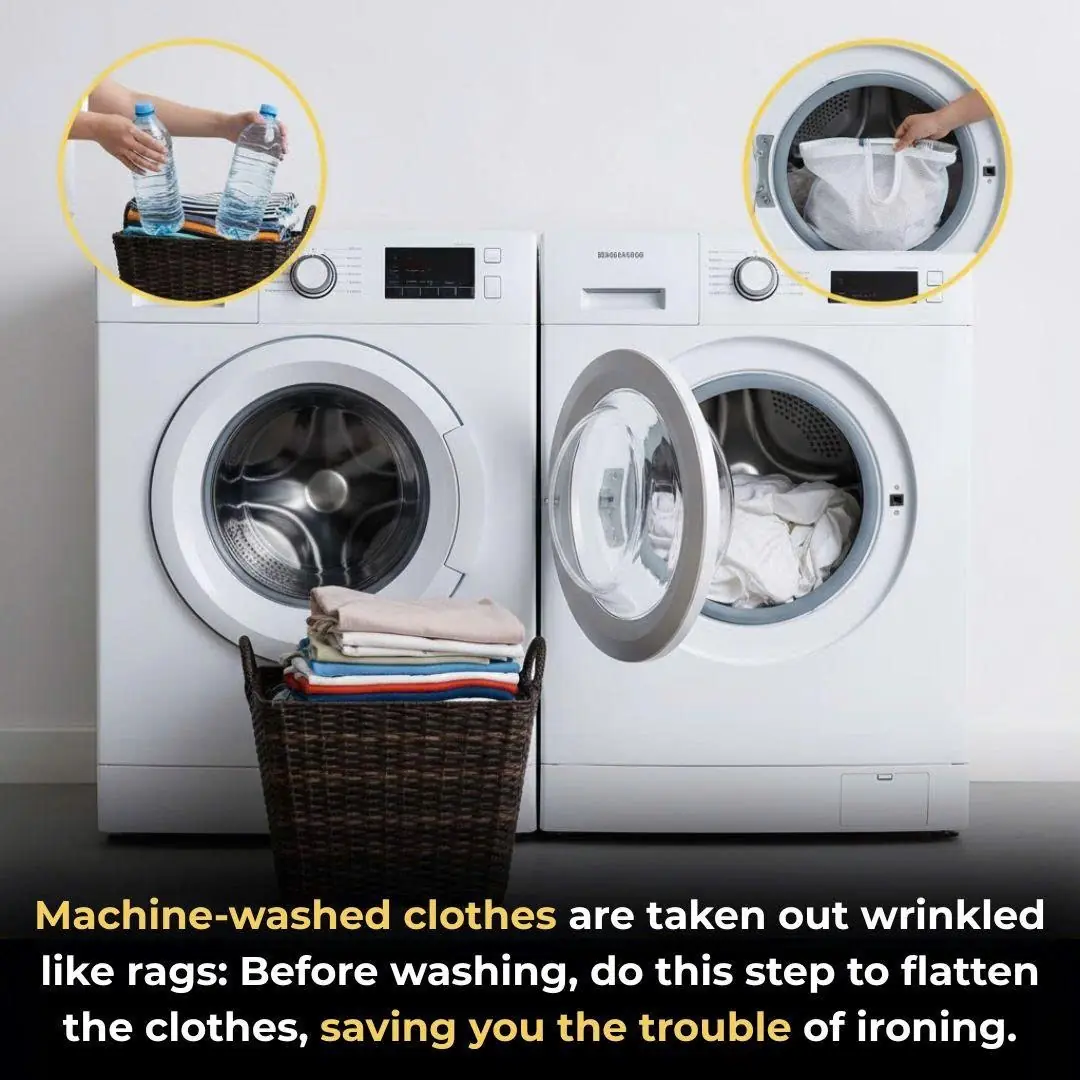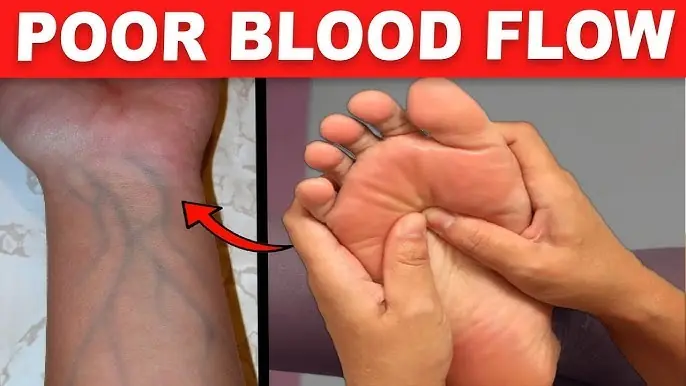
12 warning signs of heart failure you should never ignore

When you think of heart problems, what comes to mind? For most people, it’s the dramatic, movie-scene heart attack — someone clutching their chest in sudden, severe pain. While that is a very real and serious event, there’s a much quieter, more insidious heart condition that can creep up on you over months or even years.
It’s called heart failure, and its symptoms are often mistaken for normal signs of aging, being out of shape, or even just having a bit of indigestion. Ignoring these subtle whispers from your body can lead to significant damage over time. The good news is that when you know what to look for, you can take action early and manage the condition effectively.
Heart failure doesn’t mean your heart has stopped working. It’s a chronic condition where your heart muscle becomes too weak or stiff to pump blood as efficiently as your body needs. Think of it like a water pump that’s lost some power — it still works, but it struggles to keep up with demand. This inefficiency causes a ripple effect throughout your body.
It’s more common than most people think, affecting an estimated 6.5 million adults in the U.S. and ranking as a leading cause of hospitalization in older adults. Recognizing the early warning signs is the key to protecting your heart health.
Key Takeaways
-
Heart failure develops gradually. Unlike a sudden heart attack, its symptoms often appear slowly over time, making them easy to dismiss.
-
The symptoms are often misinterpreted. Shortness of breath, fatigue, or swelling might seem like signs of aging, but they could be warnings from your heart.
-
Fluid buildup is the main problem. A weakened heart causes fluid retention, which leads to breathlessness, coughing, and swelling.
-
Several symptoms appearing together are a red flag. Even mild signs, when combined, should prompt you to talk to your doctor.
-
Early detection saves lives. While heart failure can’t be cured, it can be effectively managed with treatment and lifestyle changes.
12. You Can’t Seem to Catch Your Breath

This is one of the most common and telling signs. You may feel like you just can’t get enough air, no matter how deeply you breathe. This happens because when your heart can’t pump blood efficiently, it causes blood to back up into the lungs, leading to fluid buildup (pulmonary congestion).
That extra fluid makes it physically harder to breathe, even when resting. According to cardiologist Dr. Robert Greenfield, this shortness of breath can occur at night, during mild exertion, or even while lying flat.
11. Exercise Feels So Much Harder

Do you find that walking up stairs or carrying groceries leaves you exhausted? Many people think it’s just being “out of shape,” but if you’ve noticed a sudden drop in your stamina, your heart could be to blame.
When you exercise, your muscles need more oxygen. A healthy heart increases its pumping power to meet that demand. A weakened heart can’t keep up, leaving you short of breath and fatigued. As Dr. Greenfield says, “They think they need to get to the gym. But what they really need is to get to the doctor.”
10. You Have a Nagging Cough or Wheeze

A persistent, dry cough — especially one that worsens at night — can be a sign of heart trouble, not allergies. Known as cardiac asthma, it’s caused by fluid buildup in the lungs irritating your airways.
Dr. Naddi Marah, an interventional cardiologist, explains that the cough may even produce white or pink, frothy mucus — a sign that your heart is struggling to keep up and fluid is leaking into the lungs.
9. Lying Down Flat is a Problem

If you find yourself needing multiple pillows just to breathe comfortably at night, this could be a sign of orthopnea, a classic symptom of worsening heart failure.
When you lie flat, gravity allows fluid from your legs to flow back into your bloodstream. This increases the amount of blood returning to your already overworked heart, forcing more pressure into your lungs and making you feel short of breath. Sitting upright relieves this pressure, which is why many people instinctively sleep propped up.
8. Your Legs, Ankles, and Feet are Swollen
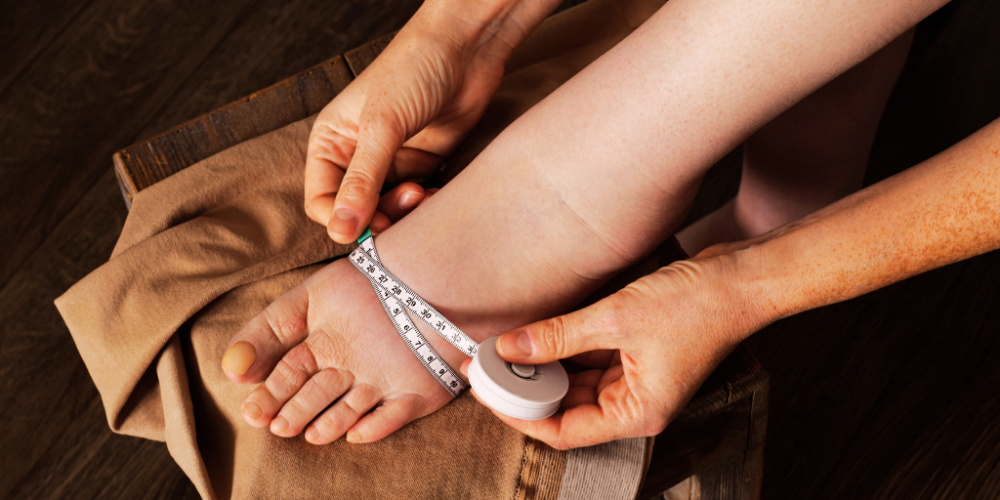
Swelling — or edema — is another hallmark sign of heart failure. When your heart can’t pump effectively, your kidneys receive less blood and respond by retaining sodium and water in an attempt to increase blood volume.
This excess fluid collects in your lower extremities due to gravity. You might notice that your socks leave deep marks or that your shoes feel tight by the end of the day. Pressing on the swollen area and seeing an indentation that lingers is a classic sign of fluid retention.
7. You’ve Suddenly Gained Weight

If your weight has jumped by five pounds or more within a few days, it’s not likely to be fat — it’s fluid. This rapid weight gain happens when your body starts holding onto excess water because your heart isn’t circulating blood efficiently.
Dr. Adriana Quinones-Camacho, a cardiologist at NYU Langone Health, notes that this fluid buildup can also occur in the abdomen, making you feel bloated or full. Monitoring your weight daily can help catch these changes early, as sudden increases are often one of the first warning signs of worsening heart failure.
6. Your Abdomen Feels Bloated or Full
If your belly feels swollen, tight, or uncomfortable even when you haven’t eaten much, it could be more than digestion issues. Fluid retention can extend beyond your legs and collect in your abdomen — a condition called ascites.
This happens when pressure builds up in the veins that connect the liver and the heart. You might also notice a loss of appetite, nausea, or a general sense of fullness. Over time, this fluid buildup can affect your digestion and liver function. If you find yourself loosening your belt more often or feeling bloated for no clear reason, talk to your doctor.
5. You Feel Constantly Tired or Weak
Fatigue is one of the earliest and most common signs of heart failure. When your heart can’t pump enough blood to meet your body’s needs, your muscles and organs receive less oxygen and nutrients.
You may notice that even light tasks — like walking to the mailbox or showering — leave you exhausted. Some people describe it as “a drained battery” feeling. It’s not just being out of shape; it’s your body diverting limited blood flow to essential organs like the brain and heart, leaving less for your muscles.
4. You Feel Dizzy or Lightheaded
When your heart can’t maintain steady blood flow, your brain may not get enough oxygen. This can lead to dizziness, lightheadedness, or even fainting. Some people feel this especially when standing up quickly, known as orthostatic hypotension.
These episodes can be dangerous, increasing your risk of falls or injury. While many things can cause dizziness, if it happens often — particularly along with fatigue or shortness of breath — it could point to heart failure or another heart rhythm problem.
3. You Wake Up at Night Short of Breath
Another red flag is paroxysmal nocturnal dyspnea — waking up suddenly in the middle of the night gasping for air. You might have to sit or stand to catch your breath. This happens because fluid from your lower body shifts toward your chest and lungs while you’re lying down.
It’s common for people to think this is sleep apnea, asthma, or even anxiety. But if it happens regularly, it’s time to get your heart checked.
2. You Notice Swelling in Your Neck Veins
One subtle but important clue is neck vein distension — when the veins in your neck appear enlarged or bulging, especially when you’re sitting upright. This is a visible sign of increased pressure in your heart’s right side, which struggles to move blood effectively.
Doctors often look for this during a physical exam as it’s one of the clearest external signs of fluid overload in the body.
1. You Feel a Persistent Sense of “Something’s Off”
Sometimes the most powerful signal is simply intuition. Many people describe a vague, persistent feeling that something isn’t right — a mix of fatigue, discomfort, or breathlessness that slowly worsens over time.
You might not have sharp pain or dramatic symptoms, but your body feels different. You tire more easily, your rings feel tighter, or your breathing just isn’t the same. Trust that instinct. Your body often whispers before it screams.
When to See a Doctor
If you experience several of these symptoms together — especially shortness of breath, swelling, and fatigue — don’t ignore them. Early evaluation can make all the difference. Your doctor can run simple tests like an echocardiogram, blood work, or chest X-ray to assess your heart’s function.
Heart failure doesn’t mean your life has to stop. With the right medications, dietary changes (like reducing sodium), and regular activity, most people can lead long, active, and fulfilling lives. The key is early detection and consistent care.
Final Thought
Heart attacks may strike suddenly, but heart failure often develops slowly and quietly. Pay attention to your body’s small signals — they might be the first clues that your heart needs help. Catching it early doesn’t just improve your health — it can save your life.
News in the same category

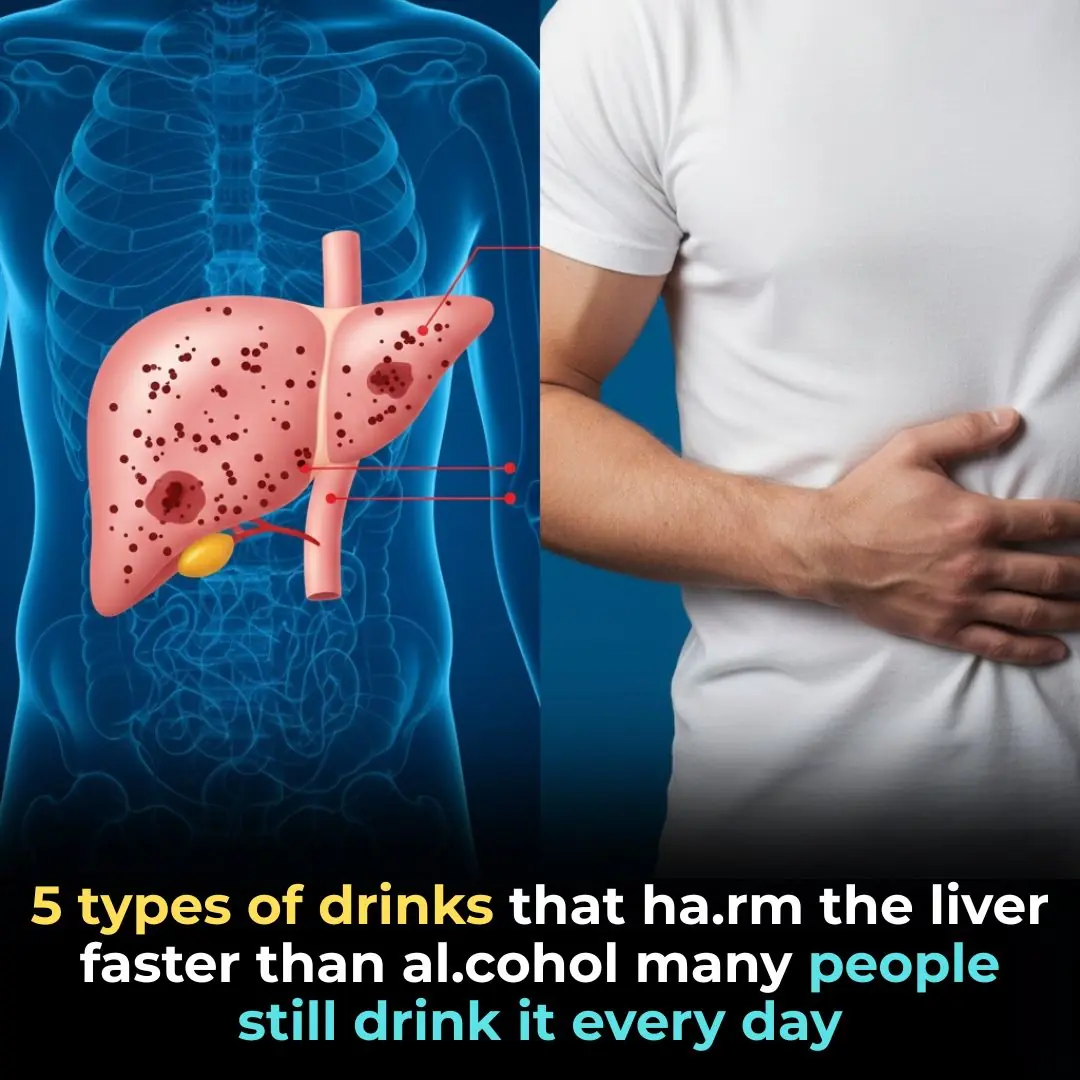
Common Drinks That Can Be Bad for Your Liver

Do you sleep on your side? Here's the powerful effect one simple change can have on your body
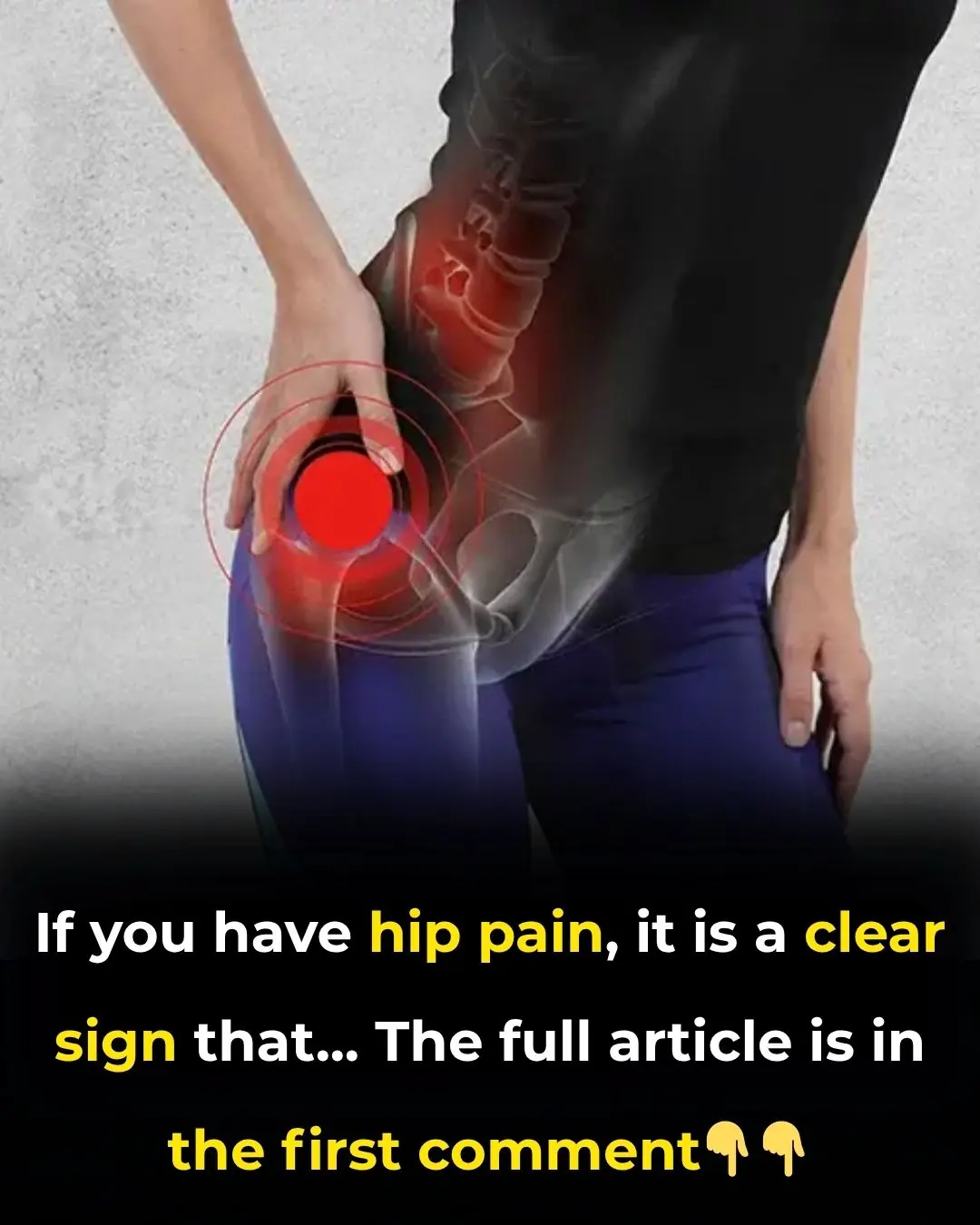
🦴 Hip Pain: What Does It Mean? Common Causes & When to Seek Help
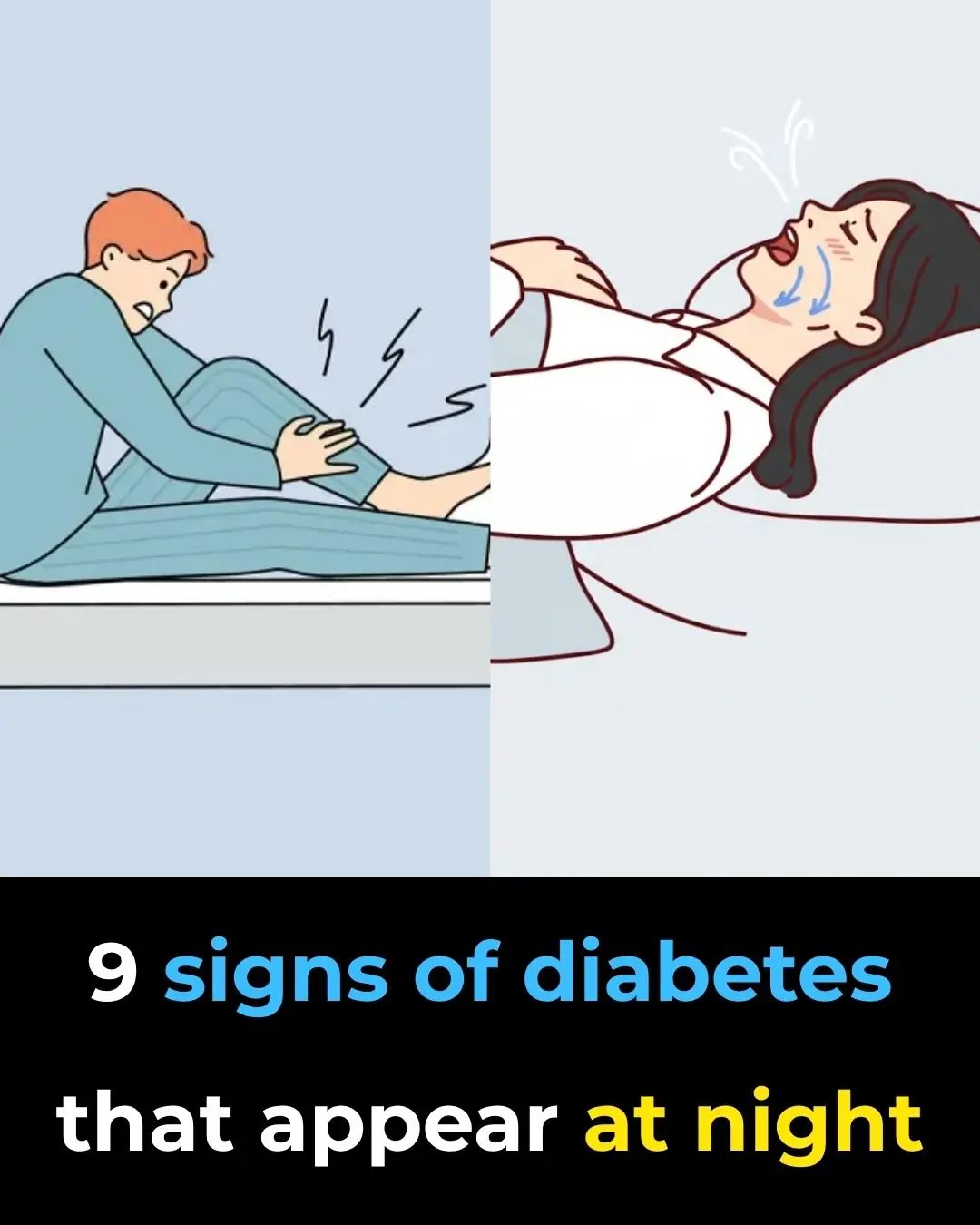
🌙 9 Signs of Diabetes That Appear at Night — What You Should Know
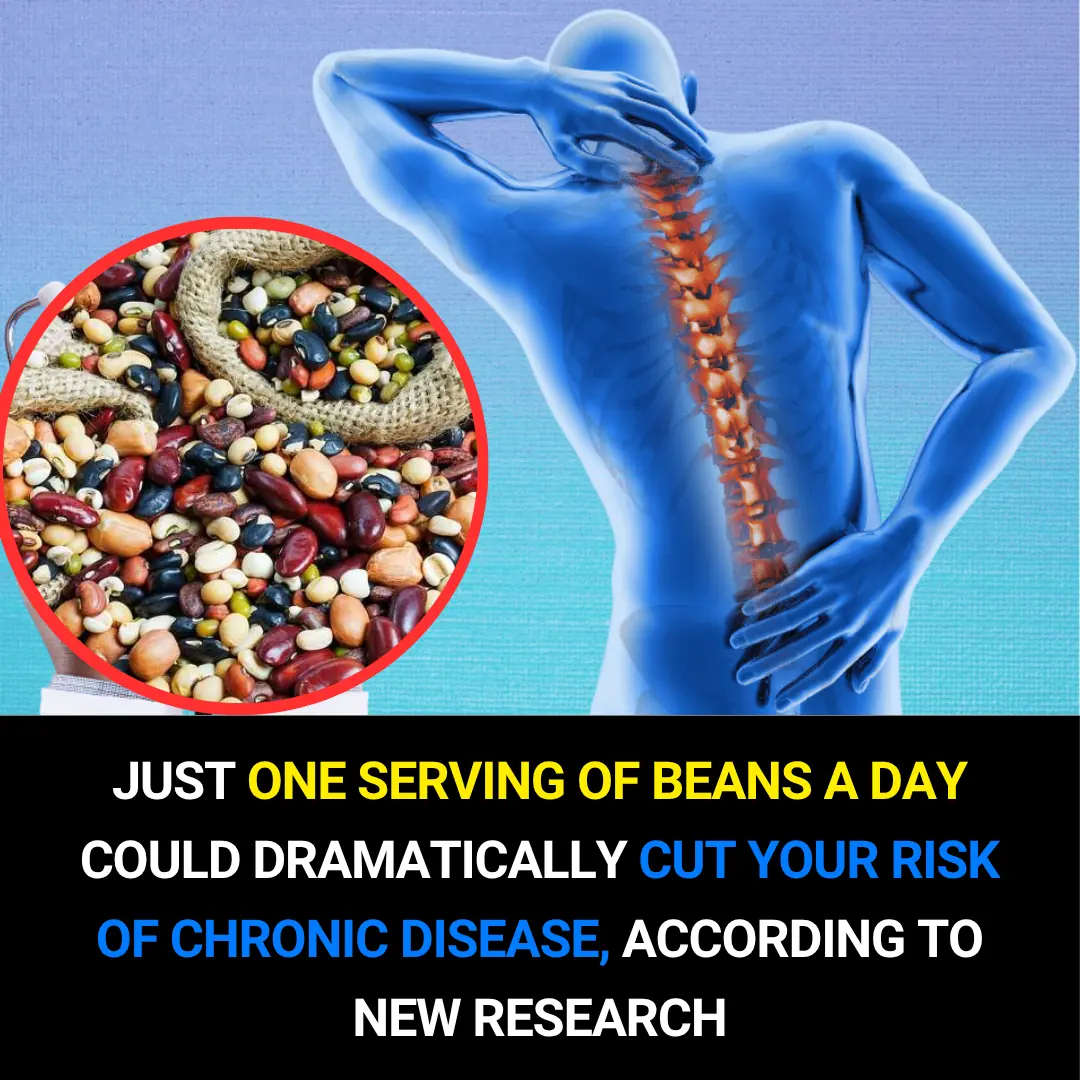
Eating Beans Daily Slashes Your Risk of Heart Disease and Diabetes, Study Finds
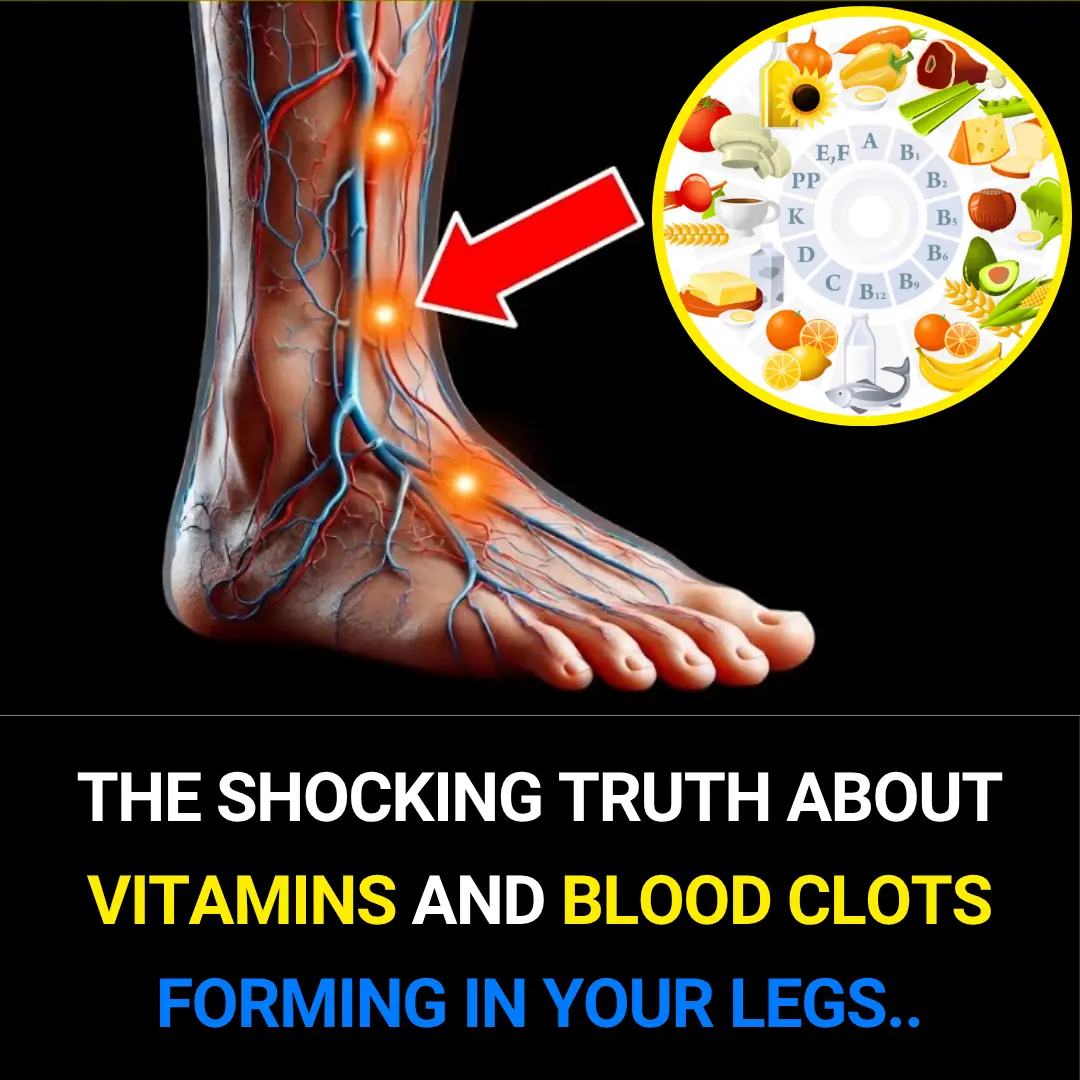
The Shocking Truth About Vitamins and Blood Clots in Your Legs
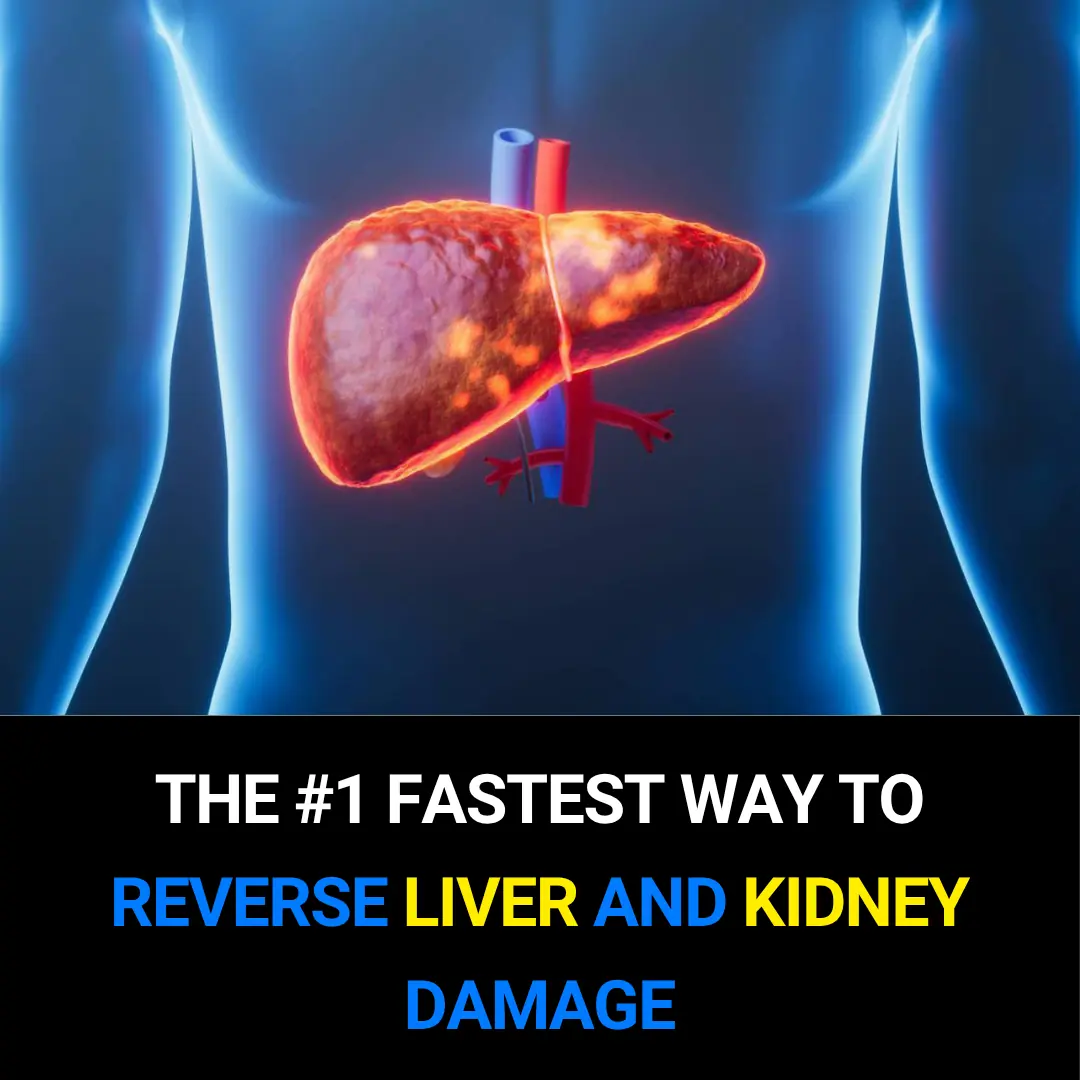
The #1 Fastest Way to Reverse Liver and Kidney Damage

Health Problems That Improve with Vitamin B12 (and How to Use It)
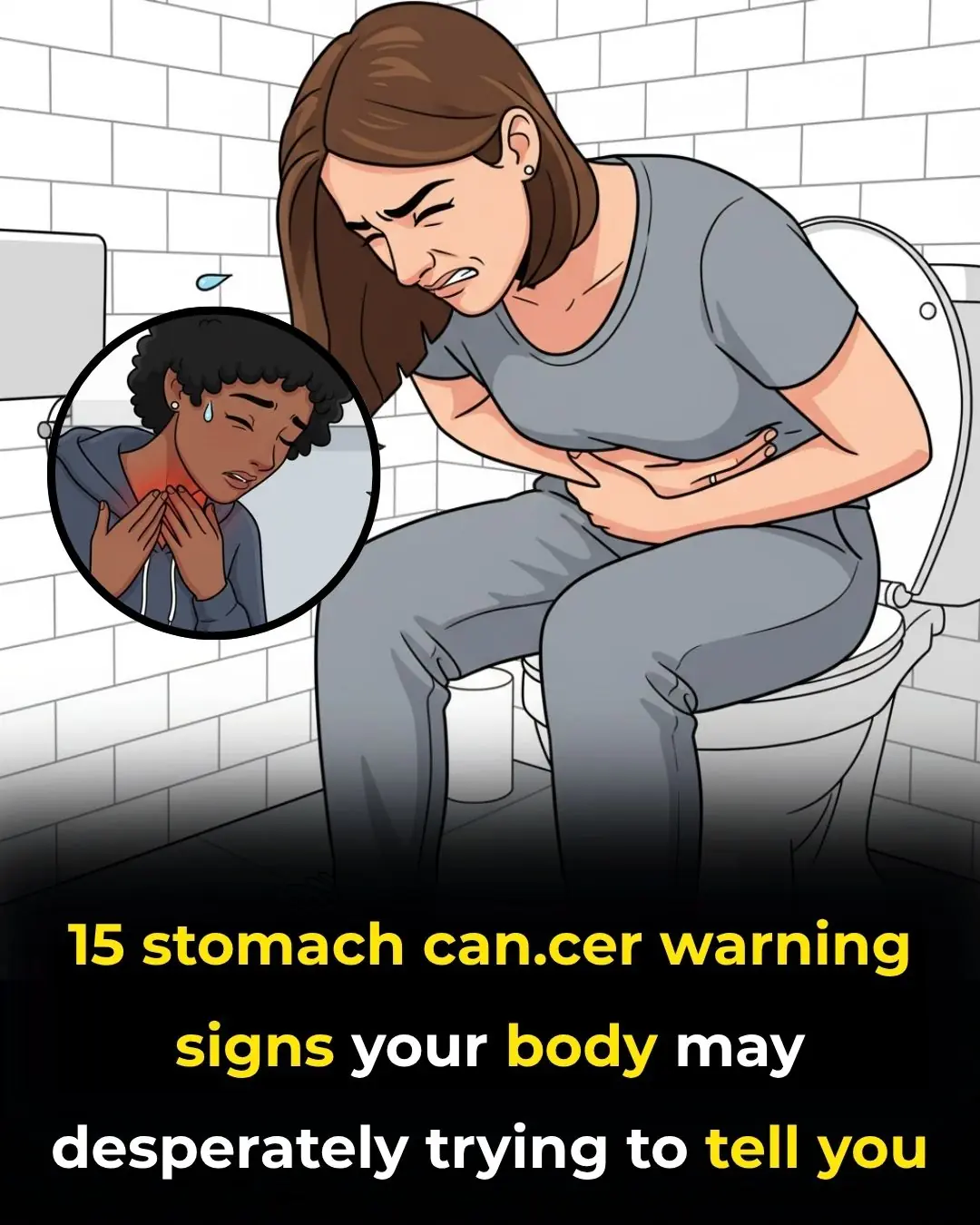
Stomach Can-cer: The “Silent Disease” You Shouldn’t Ignore
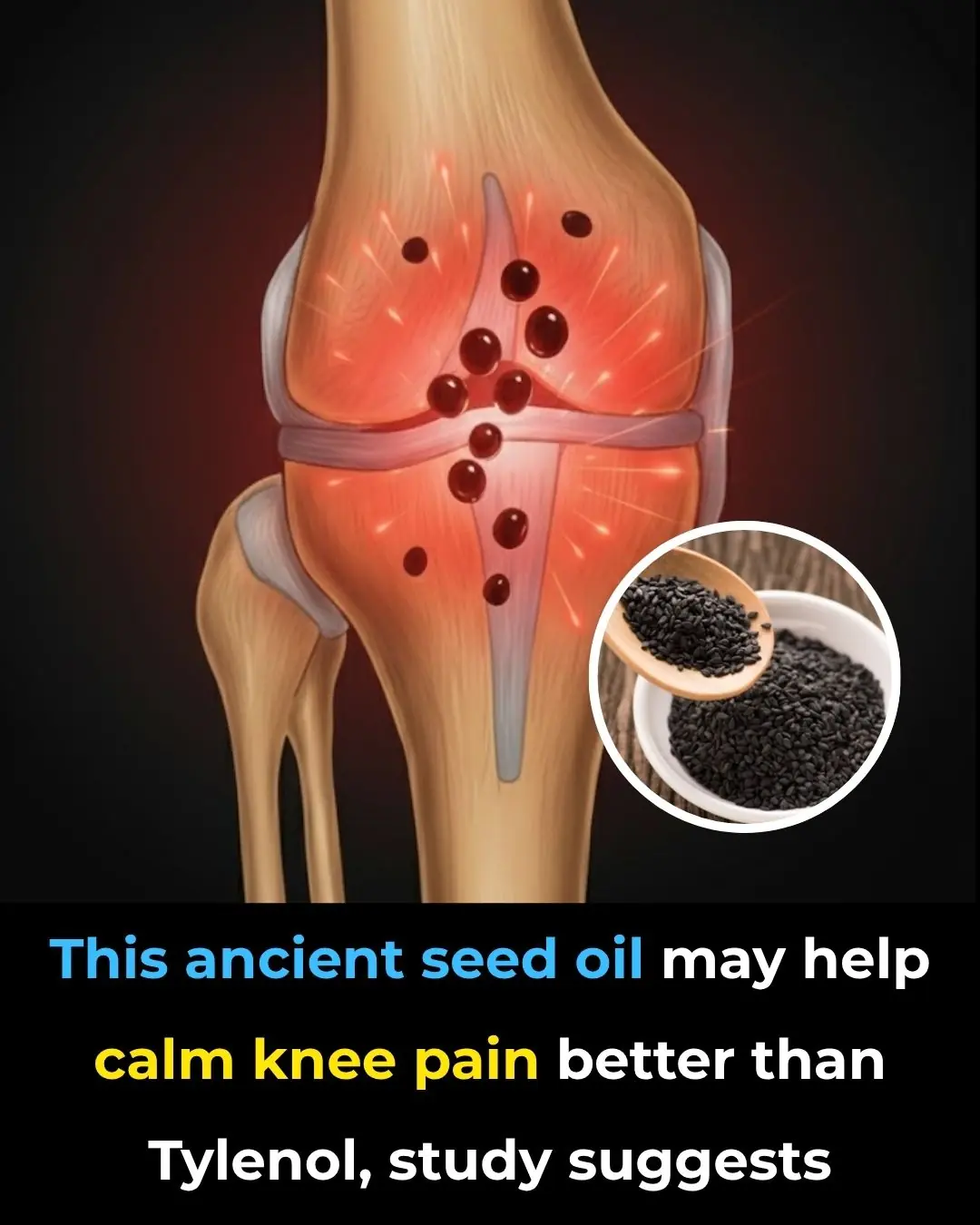
This ancient seed oil may help calm knee pain better than Tylenol, study suggests
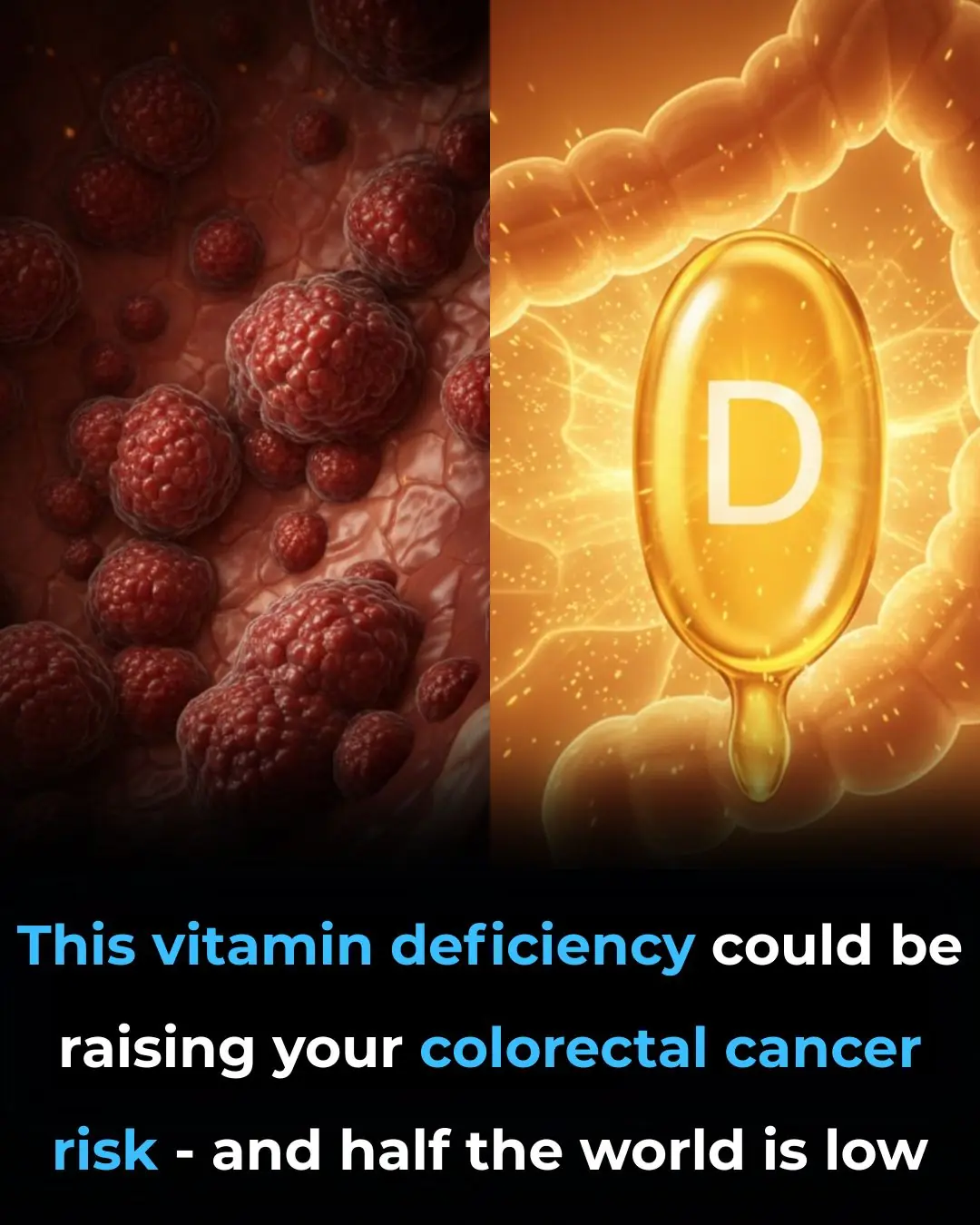
This vitamin deficiency could be raising your colorectal cancer risk — and half the world is low

Tomato Extract: Better And Safer Blood Thinner Than Aspirin
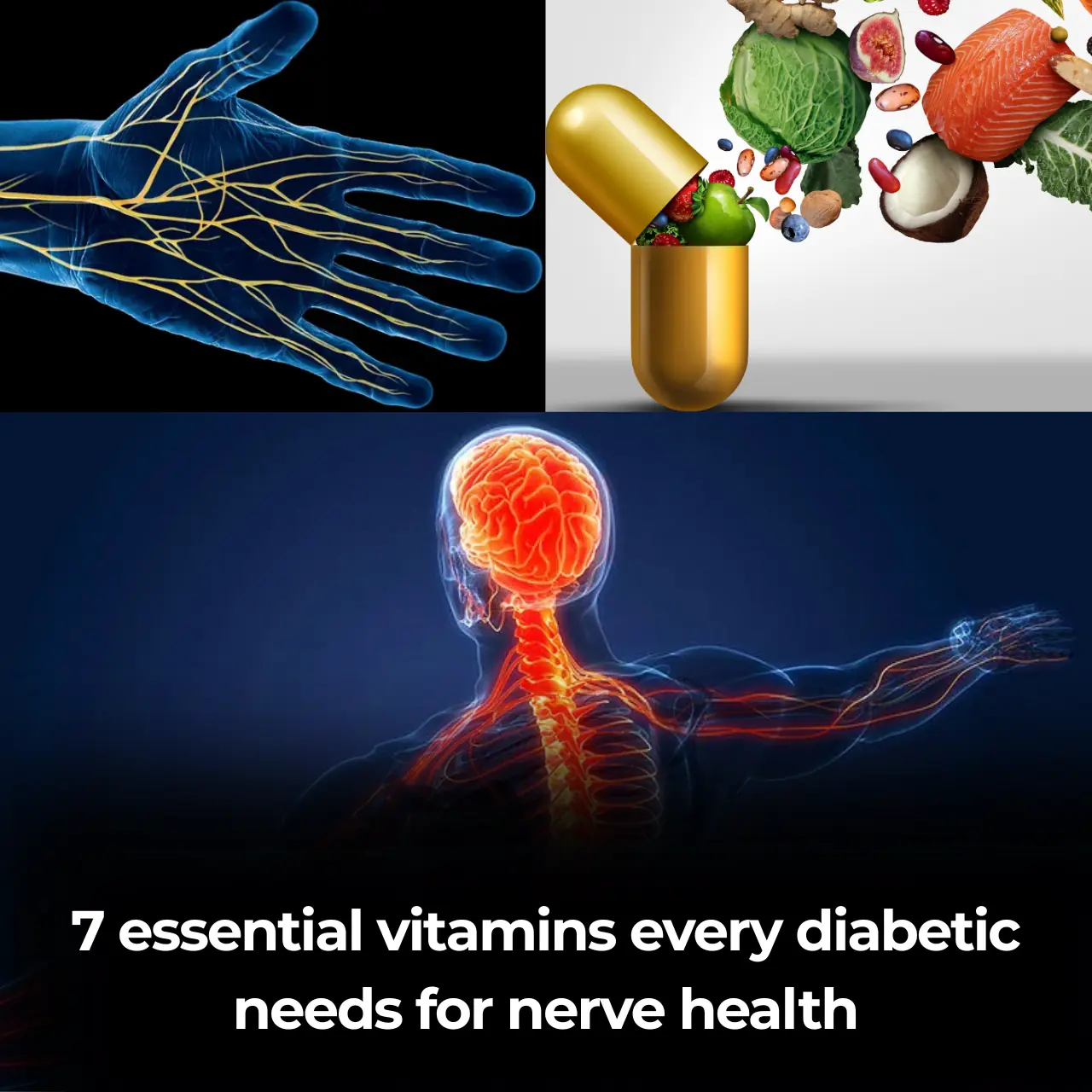
7 essential vitamins every diabetic needs for nerve health
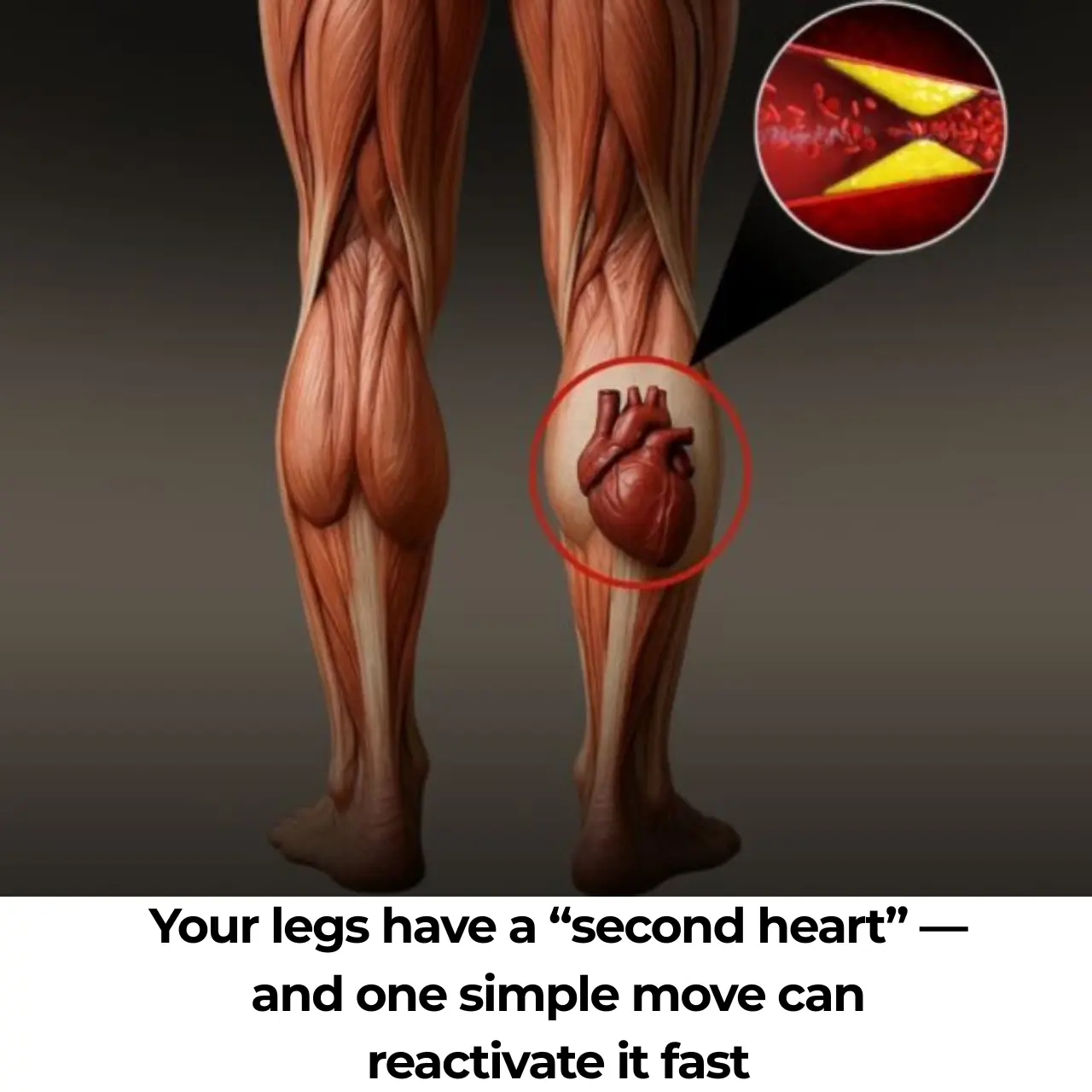
Your legs have a “second heart” — and one simple move can reactivate it fast
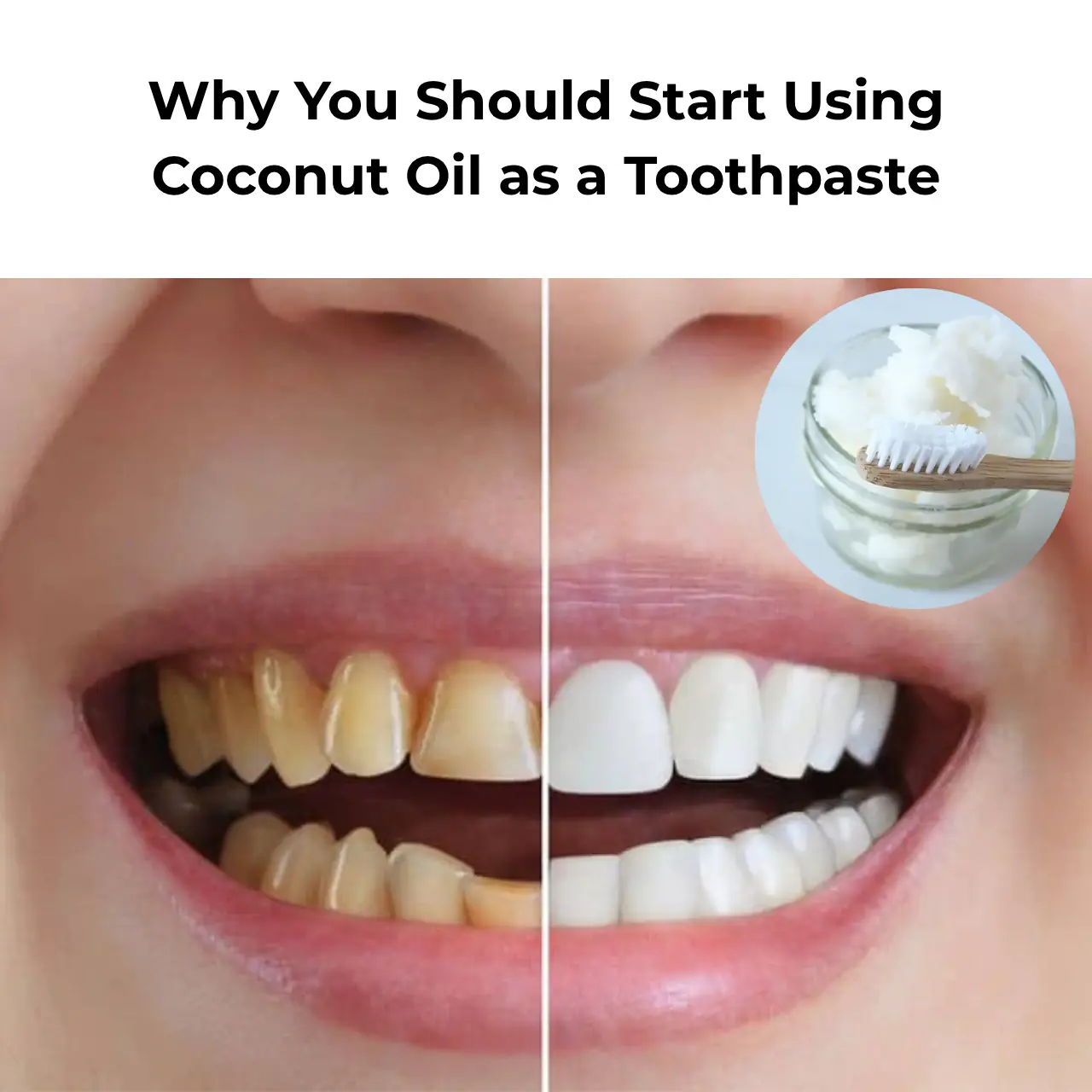
Why You Should Start Using Coconut Oil as a Toothpaste
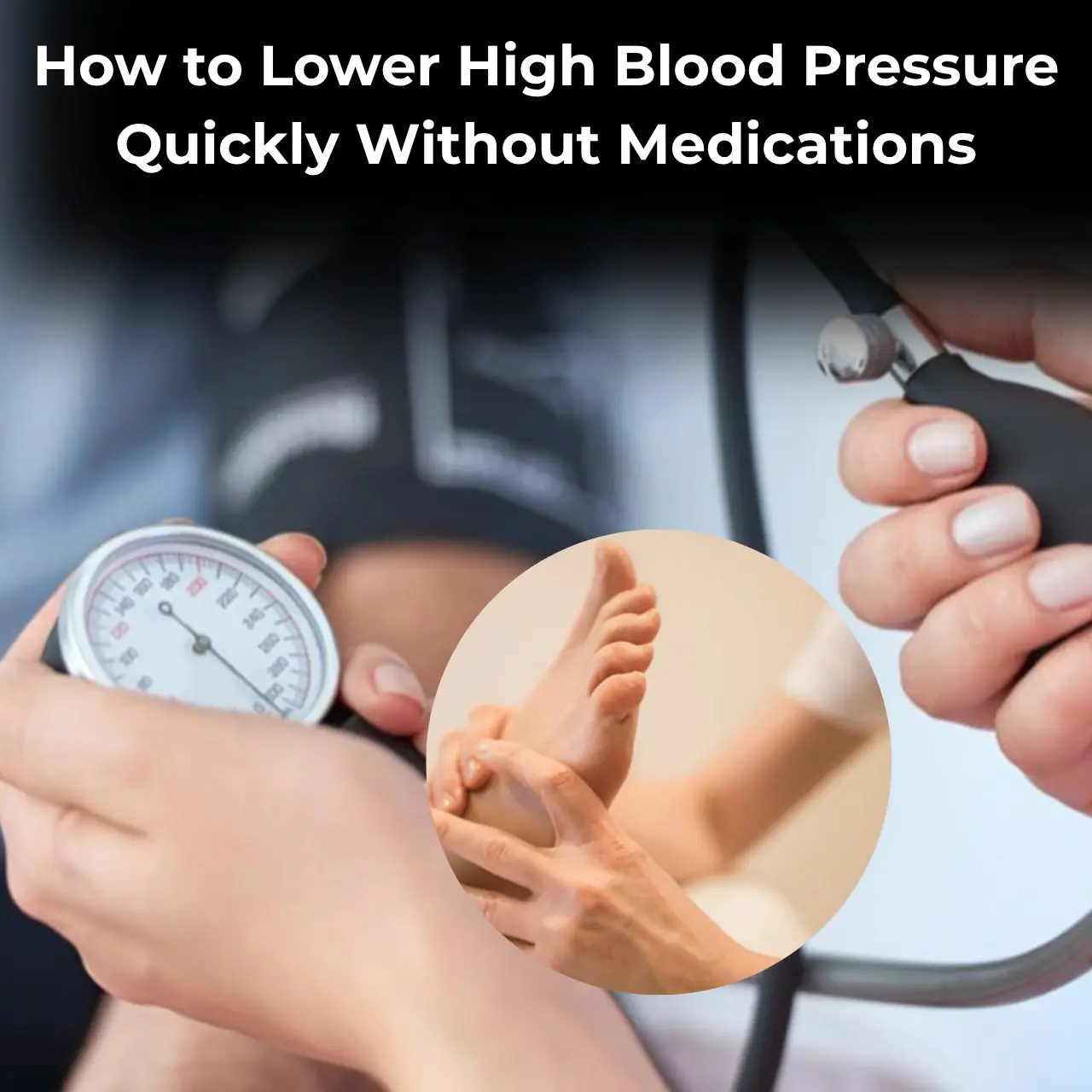
How to Lower High Blood Pressure Quickly Without Medications (Evidence Based)

3 powerful vegetables everyone overlooks (but shouldn’t!)
News Post

I had no idea

Poor circulation? Simple foods that can get your blood moving again naturally

Count The Squares

Common Drinks That Can Be Bad for Your Liver

Do you sleep on your side? Here's the powerful effect one simple change can have on your body

My nana taught me this hack to de-stink the microwave in 3 mins with 0 work. Here’s how it works

So clever
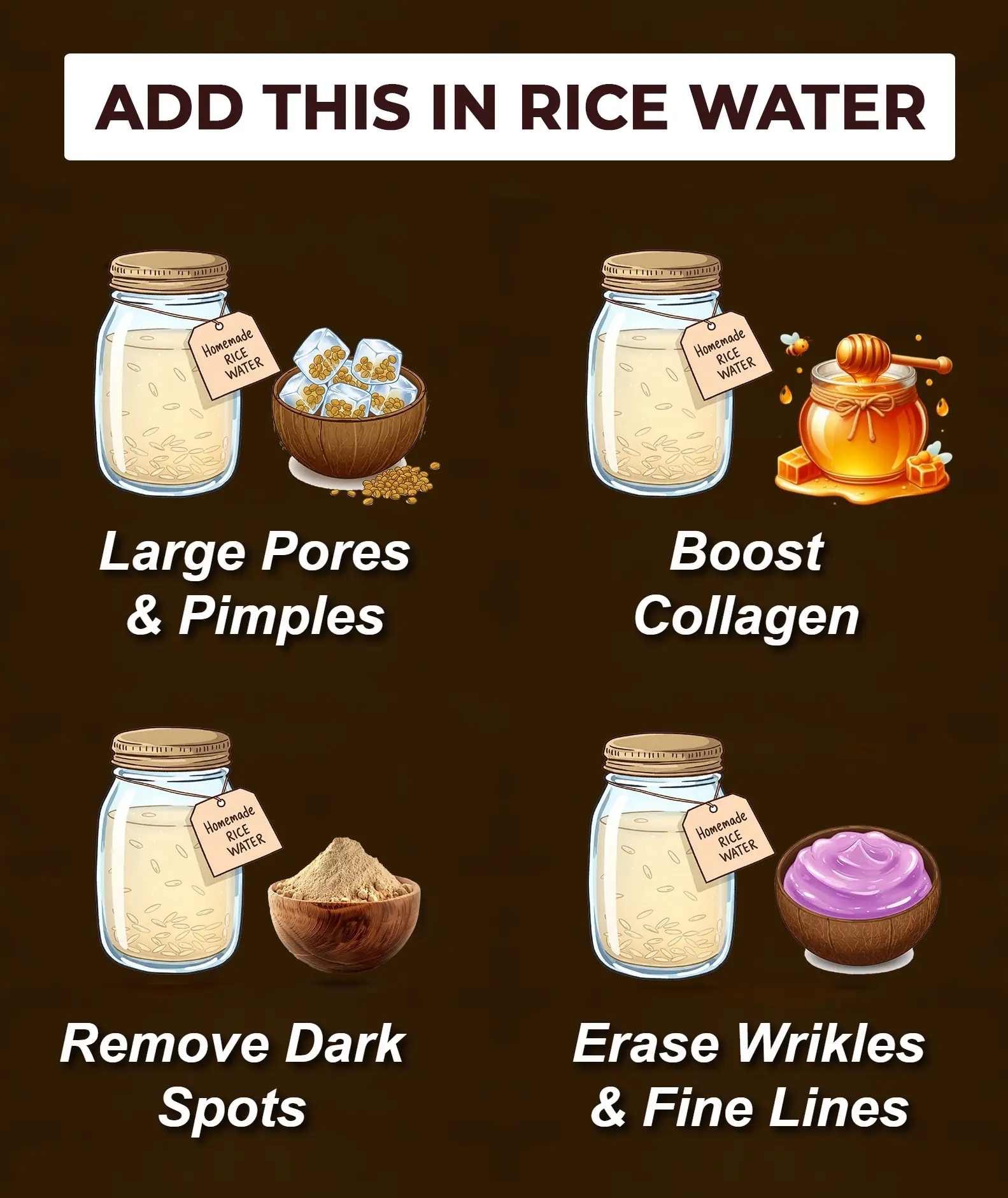
Homemade Rice Water for Skin: Amazing Recipe for Glowing and Youthful Skin

Natural Botox Drops – Secret of Younger Looking Skin

DIY Flaxseed Gel for Glowing Skin: The Natural Solution to Hydrated and Youthful Skin

Easy Recipe to Make ABC Collagen Ice Cubes at Home: The Secret to Glowing, Firm Skin

DIY Turmeric Gel For Ageless Skin: Unlock the Secrets of Radiant and Youthful Complexion

Add This in Your Hair Oil for Healthy, Lustrous Hair

The Ultimate Guide to Homemade Carrot Oil for Glowing, Youthful Skin

Homemade Ginger Lemon Shot: Your Natural Ally for Effective Weight Loss

Potato Treatment For Dark Spots & Large Pores

Add Onion and Coffee to Your Hair—The Results Might Shock You

DIY Flaxseed Gel & Okra Hair Gel For Hair Growth & Frizzy Hair

2 Mins Black Shampoo For Grey Hair
